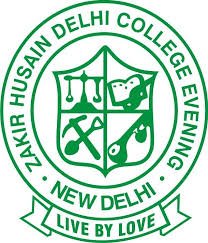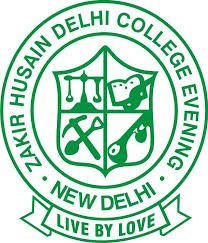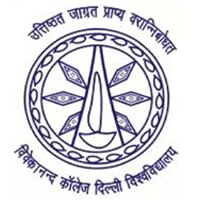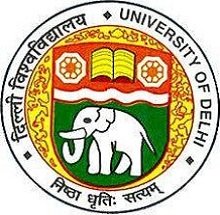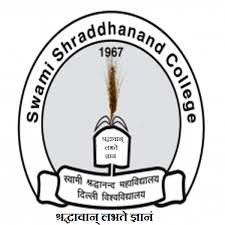MASTER OF ARTS [M.A]
2 Years
Overview of M.A. Program at Zakir Husain Delhi College:
The M.A. is usually a 2-year postgraduate program divided into 4 semesters (each academic year comprises two semesters). The curriculum is designed to allow students to explore their subject in depth, conduct independent research, and prepare for higher professional roles in their chosen field.
M.A. Specializations Offered:
While the college may offer a variety of subjects, the M.A. programs are often available in fields like:
-
M.A. in English
-
M.A. in History
-
M.A. in Political Science
-
M.A. in Sociology
-
M.A. in Economics
-
M.A. in Hindi
-
M.A. in Philosophy
Program Structure:
-
Year 1 (Semester 1 & 2):
-
Introduction to core concepts and foundational subjects in the chosen discipline.
-
Students engage with advanced topics, theories, and methodologies specific to the subject area.
-
Research-based assignments, presentations, and class discussions help students deepen their understanding.
-
-
Year 2 (Semester 3 & 4):
-
Further specialization in specific areas of the subject.
-
Students may have the opportunity to choose electives based on their interests within the subject.
-
The second year may also involve a Dissertation or Research Project to develop independent research skills.
-
Core Courses and Electives:
The M.A. program includes both core courses and electives. The core courses provide foundational knowledge, while electives offer more focused studies in specific subfields.
Core Courses:
-
For M.A. in English, core courses could include subjects like Literary Theory, Postcolonial Literature, British Literature, Indian Literature, etc.
-
For M.A. in Political Science, core courses could cover Political Theory, Indian Government and Politics, International Relations, etc.
-
For M.A. in Economics, core courses might include Microeconomics, Macroeconomics, Development Economics, etc.
Elective Courses:
-
Depending on the subject, elective courses may include areas such as Cultural Studies, Contemporary Political Issues, Gender Studies, or Environmental Economics.
-
Elective choices allow students to specialize in topics that align with their career goals or academic interests.
Research and Dissertation:
In the final semester, many M.A. programs require students to complete a research project or dissertation. This allows students to apply their knowledge and research skills to a specific topic of interest in their field of study. Students are typically required to submit a written dissertation and present their research findings.
Assessment & Evaluation:
-
Internal Assessments: May include written assignments, presentations, group projects, and class participation.
-
End-Semester Examinations: Students are required to take exams at the end of each semester, assessing their grasp of the theoretical concepts and practical applications.
Career Opportunities After M.A.:
Graduates of the M.A. program from Zakir Husain Delhi College have a wide range of career opportunities in academia, government, industry, and the non-profit sector. Some career options include:
-
Teaching and Academia:
-
Graduates can pursue teaching careers at schools, colleges, or universities.
-
They can also further their education by pursuing M.Phil. or Ph.D. to enter research or higher-level academic roles.
-
-
Research and Analysis:
-
With research skills honed during the M.A. program, graduates can work in research institutions, think tanks, or policy research organizations.
-
-
Government Jobs:
-
M.A. graduates can appear for UPSC, State PSCs, or other competitive exams to work in administrative, foreign services, public policy, and other government sectors.
-
-
Media and Journalism:
-
Students with an M.A. in subjects like English, Political Science, or Sociology can work in media, journalism, content writing, or public relations.
-
-
Social Work and NGOs:
-
Graduates in fields like Sociology or Political Science may work in social welfare, community service, or NGOs.
-
-
Corporate Sector:
-
M.A. graduates can also pursue roles in HR, marketing, communications, or management.
-
-
Translation and Linguistics:
-
Graduates of M.A. in Hindi or English may choose to work as translators, interpreters, or in language-related industries.
-
Admission Process:
-
Admission to M.A. programs at Zakir Husain Delhi College is generally based on the entrance exam conducted by the University of Delhi. Some programs may also consider the merit of the candidates’ undergraduate degree.
-
Eligibility: Typically, candidates need to have completed a B.A. (Hons.) or a B.A. degree with the required percentage in the relevant subject to be eligible for admission.

